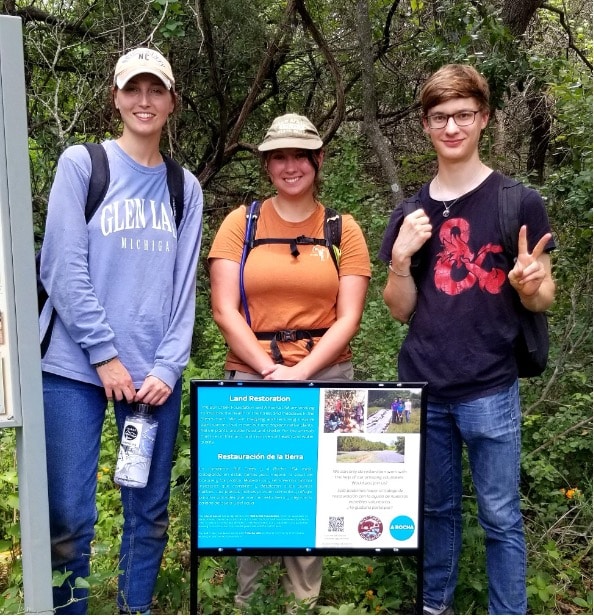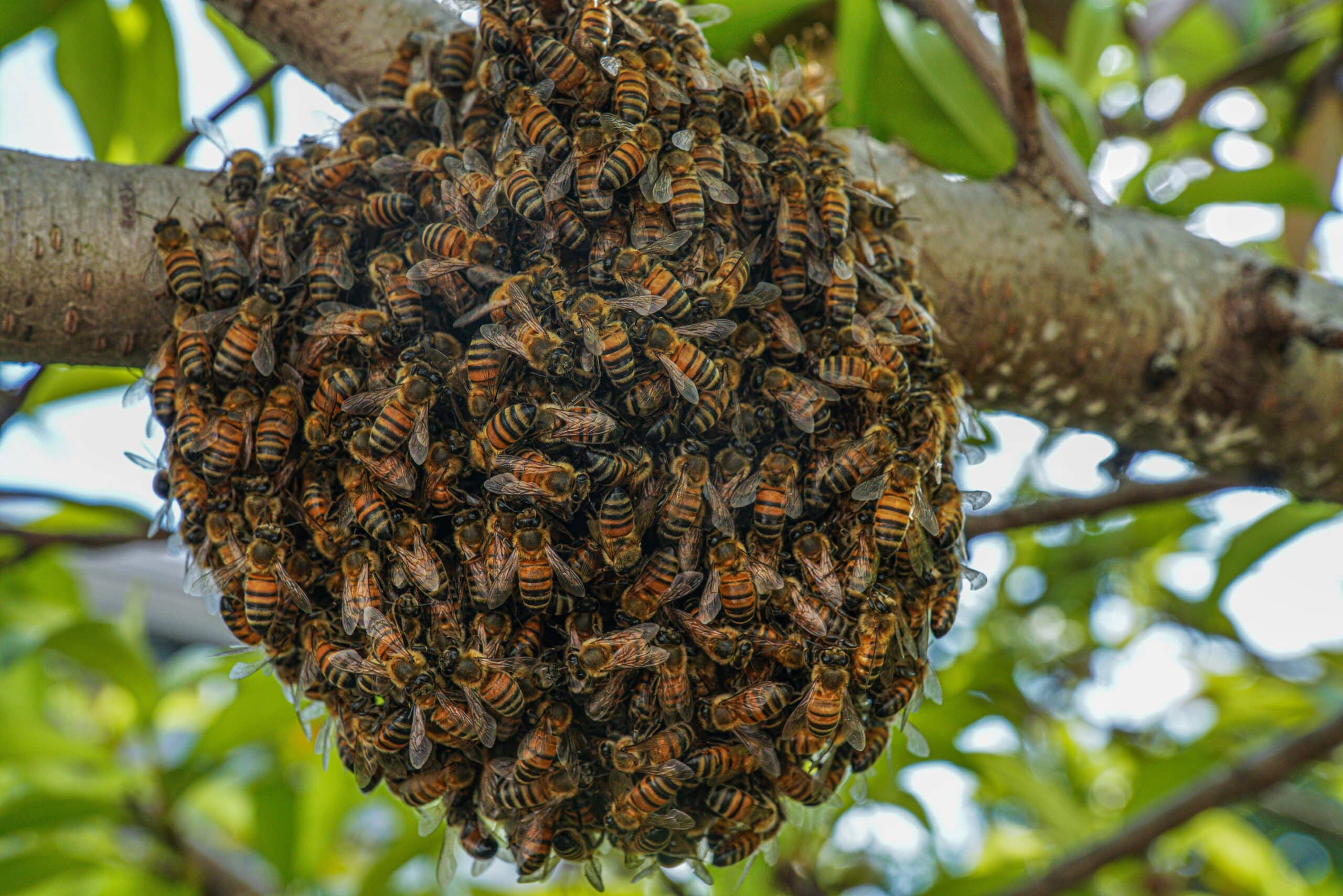Mangrove Theology
When I was a young lad, there was a mission society which had a young adult’s newsletter which I read avidly. The title of one article has stuck with me ever since: Has God called you to stay where you are?
At the time, my family lived in a quiet English village with a somewhat sleepy church, so the idea that mission meant travelling the world and seeing exciting, exotic places appealed greatly. By the time I reached my 30s I’d lived in over 20 different places and visited many countries, and God was saying something rather different to me. I realised that all my hyper-mobility – missionary childhood, boarding school, studies, travel, job-seeking – had left me rootless, homeless and with nowhere to belong. I observed that the call to ‘Go!’ can be God but it can also be a way of escaping from responsibilities, seeking adventure for its own sake and avoiding the call to put down deep roots and be fruitful where God plants us.
The Bible passage through which God spoke to me was Jeremiah 29. The context is God’s people in exile in Babylon, a place they hated and from which they wished to escape. For Israel, this was god-forsaken enemy territory and they asked, ‘How shall we sing the Lord’s song in a strange land?’ (Psalm 137:4).
God’s answer must have shocked and confused them. Instead of saying, ‘Don’t worry, you’ll be home soon’ or ‘Your home is in heaven; don’t focus on your surroundings’, God told them to plant gardens, have sons and daughters, and pray and work for the peace and prosperity of ‘the city to which I have carried you’.
For us today, Jeremiah 29:4–7 is nothing less than a manifesto for Christian engagement at the local level. God calls his people to put down deep ecological, social, economic and spiritual roots wherever he’s placed them. If we only wait for the call to ‘Go’, we may neglect our gardens, allotments and local relationships beyond our immediate support network and our socio-political involvement.
Jeremiah 29 defines ‘sustainable development’, over 2,600 years before the UN’s Sustainable Development goals. Added to the three conventional pillars of balancing ecological (plant gardens), social (families) and economic (the peace and prosperity of the city) needs, God reminds us that the spiritual dimension must never be lost (pray for the city). We can make common cause with secular organizations and other faiths in tackling poverty and ecological challenges, but our vision is one of God’s glory over all the earth and every creature bowing in worship to Jesus Christ.
Of course, God does call people to ‘Go!’, to leave their comfort zone and follow him into the unknown. But, as I re-read the Scriptures, I see God’s call is usually to go and put down roots in a new place, not to wander in the wilderness. In my own travels, I keep being taken to the image of Christians as mangroves. Across the tropics, mangroves are found at the borderline of fresh and salt water (church and world?). Their deep, intertwined root systems make them an effective shock-absorber against storms. There is a direct correlation between the worst-damaged areas from the 2004 tsunami and areas where mangroves had been removed. Today’s storms are environmental, social, economic and political. Those with deep roots can resist the pull of the forces that cause chaos and can provide sanctuary and hope. Mangroves are also nurseries for life – where fish, birds, crabs and many aspects of biodiversity flourish and grow. What a wonderful image for churches and Christian homes.
So, by all means ask: ‘Has God called me to stay where I am?’ But, while you’re waiting for the answer, and if you do go elsewhere, please get stuck in. Plant something and nurture it. Build for the future, even if you won’t see the results. Invest in lasting peace and prosperity – the wellbeing that comes from restored relationships in every dimension. If you want to be fruitful, look after your roots.




Wonderful piece, thank you Dave! Reminds me, somewhat, of a New Yorker article on the importance of swamps (https://www.newyorker.com/magazine/2022/07/04/swamps-can-protect-against-climate-change-if-we-only-let-them)–less outwardly appealing perhaps, than mangroves, but yet another “nursery” of life!